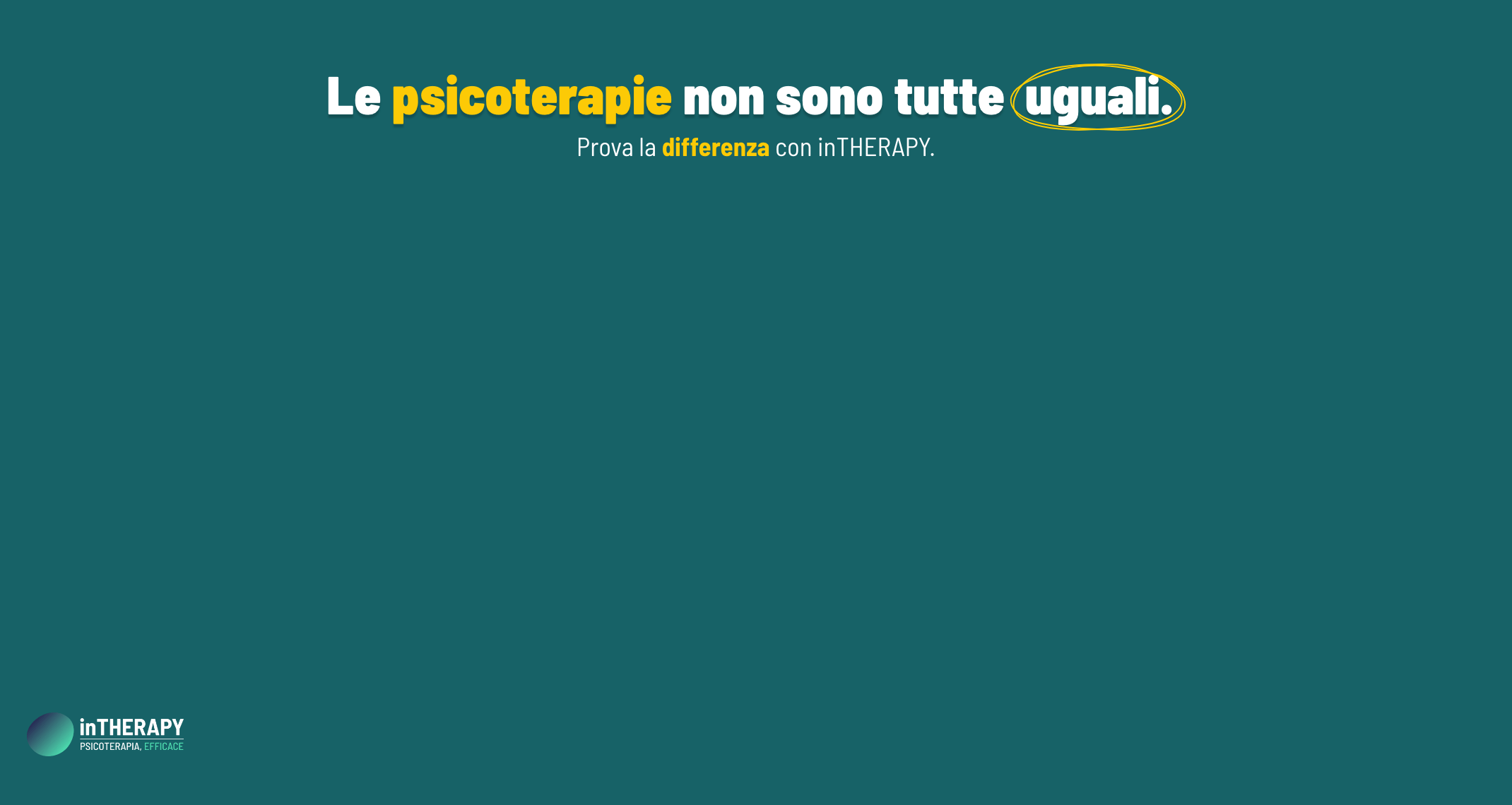When a provocative action has a function of fun, we witness the phenomenon of trolls: it is about people who deliberately try to create discussions or sow discord with negative comments, insults or provocations, trying to lengthen the time for discussion.
Following the Digital Revolution, every internet user, even an inexperienced one, is creating an online identity, which shows the authenticity or inauthenticity of his way of being in offline life. The most important way in which one is inauthentic in the construction of online identity is the search for anonymity.
Anonymity, in fact, is characterized by the desire not to authenticate, to act in an invisible and sometimes provocative manner: this is one of a darkest side of web. When a provocative action has a function of fun, we witness the phenomenon of trolling: it is about people who deliberately try to create discussions or sow discord with negative comments, insults or provocations, trying to lengthen the time for discussion. In fact, acting like a troll is a game of false identity, performed without the consent of the other participants. The troll tries to be accepted as a legitimate user and intervenes as long as the other participants do not recognize the false identity or until the fun that the troll tries to act provocatively decreases. Online trolling is a practice of deceptive and destructive behavior in a social environment like the Internet, with no apparent instrumental purpose (Buckels, Trapnell, Paulhus, 2014). Trolls share many features of the classic Joker villain: a modern variant of the Trickster archetype of ancient folklore (Hyde, 1998). Just like the Joker, trolls act as chaos agents on the Net, taking advantage of emotional or crazy ‘hot-button issues’ in some way. If an unlucky person falls into their trap, the trolling intensifies for further, ruthless fun. This is why the novice Internet users are regularly warned with: ‘Don’t feed the trolls!’. But what can the willingness to create a troll identity depend on?
Shachaf and Hara (2010) have conducted interviews with the trolls of Wikipedia, finding topics such as boredom, attention research, revenge, pleasure, desire to cause damage to the community between their motivations expressed for trolling. In other research, Hardaker (2010) conducted a Content Analysis of Usenet posts that identified four main characteristics of trolling: aggression, deception, interruption and success. Therefore, neither the troll category nor the trolling action have a single fixed meaning. Each online tolling action can be presented as desirable or undesirable, depending on the purpose at the time of publication on the Internet. These actions also occur during online computer game sessions (Thacker & Grifths, 2012), online encyclopedias (Shachaf & Hara, 2010), online newspapers (Ruiz et al., 2011) and online petitions (Virkar, 2014). According to Ditrich and Sassenberg (2017), moreover, within the groups, Facebook, where not all members must necessarily adhere to the rules of the group itself, according to explicit or implicit rules, show deviant behavior.
According to a model based on the social identity approach regarding the responses to deviations of the rules in Facebook groups, the deviant members were perceived as a questioning of what the group represents, subverting the identity of the group itself. Following these perceptions of identity subversion, the members of the group, in turn, were motivated to check and exclude the ‘deviant’. It was noted that together with these behaviors, the participants usually ignore the contributions of those who have decided to exclude, not recalling them after reading the temporal sequence of the online group. This, however, does not seem to lead to the decadence of a social group, but promotes a ‘natural purification’ within the group itself, through the elimination of negative influences. Trolls within Facebook groups have been categorized as: grumpy fanatics, sadistic liars, illiterate and irrational bigots (Ditrich and Sassenberg, 2017).
But what happens when the expectations of truth placed in the communicated media act are not respected by the real profiles? On the contrary, what do the false profiles that have the aim of ‘trolling’ when they are ‘unmasked’ prove? From sentiment analysis conducted on 62 Facebook comments of real users and 54 comments and Facebook posts of fake profiles, a positivity emerges in both cases, which allows us to suppose the presence of a sense of pleasure and enjoyment both by the troll, who he thinks he has achieved his goal, and from real users who, instead, feel a sense of satisfaction in the ‘troll hunt’, in the pleasure of ‘unmasking the enemy’ (Papapicco & Quatera, 2019). Despite this pleasure in ‘troll hunting’, the creation of inauthentic online identities, such as those trolls, undermine the idea of a ‘global village’ (McLuhan, 1964) that the Digital Revolution pursues.



